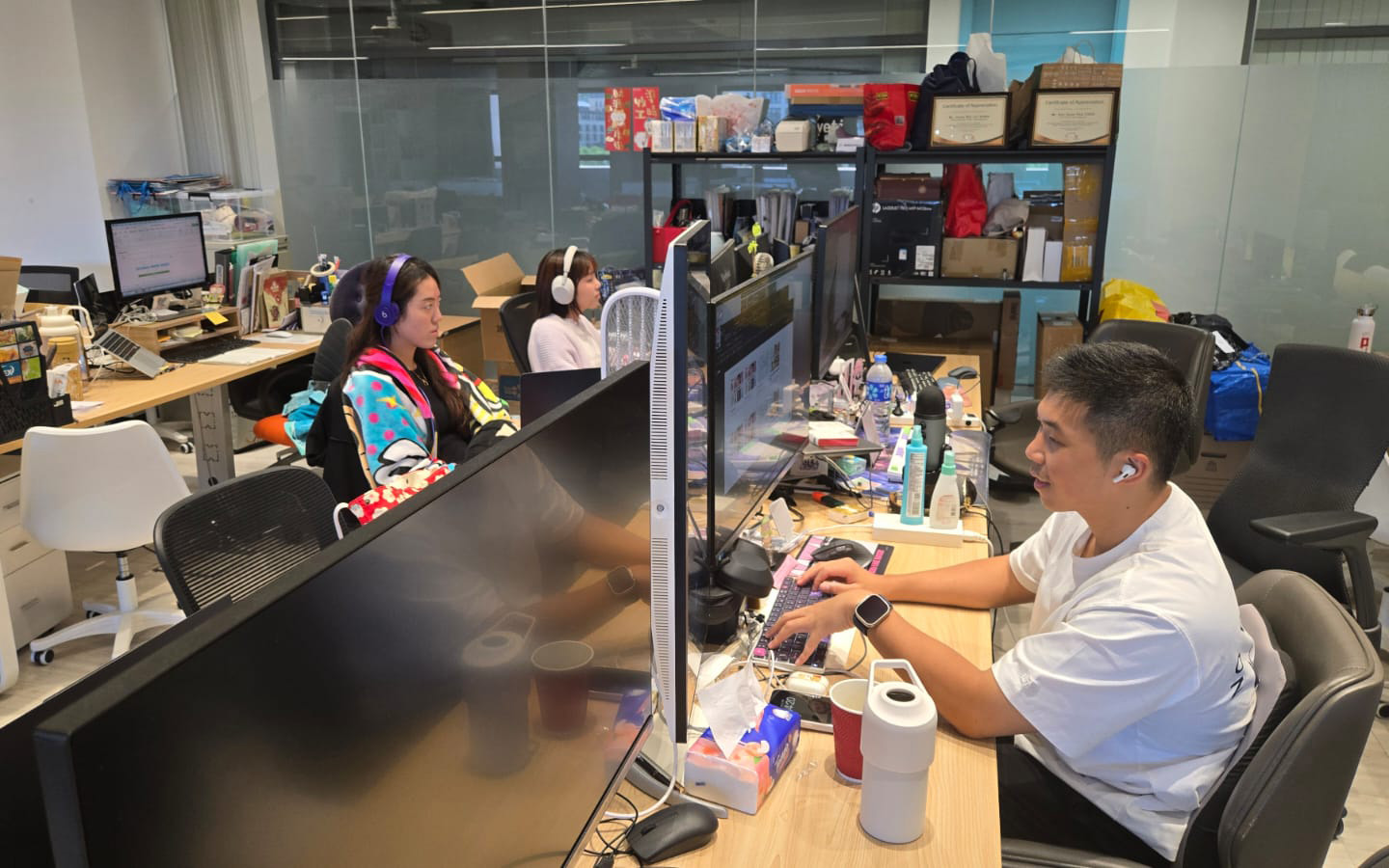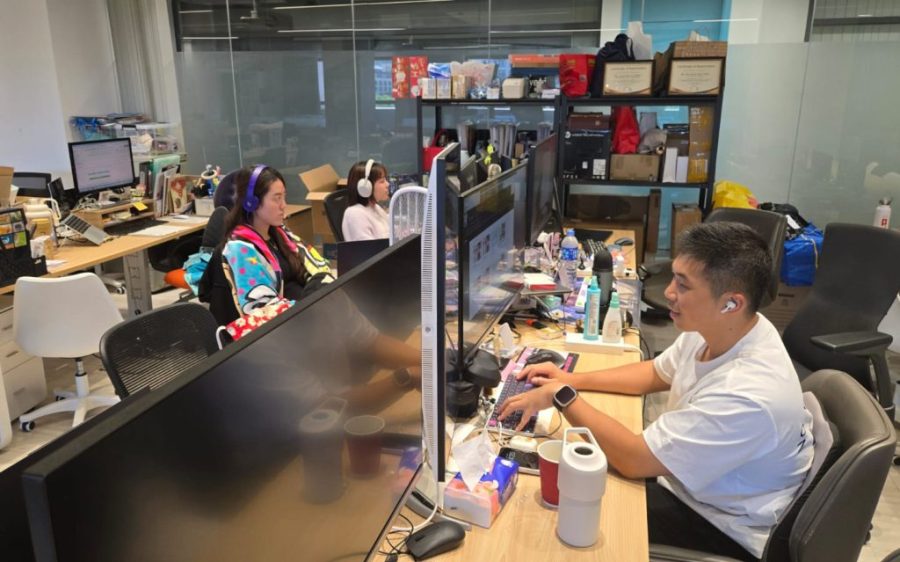For those establishing their own company in Macao, the local startup scene offers both helpful resources and unique challenges. On one hand, the city’s international-facing position, investment opportunities and networking platforms make for powerful launchpads; on the other, the small, specialised economy raises labour costs and makes it difficult to compete against international companies.
Macao’s entrepreneurial scene has come a long way since the launch of the Macau New Technologies Incubator Centre, the city’s first large-scale incubator, in 2001. Since then, the SAR’s number of registered enterprises has steadily increased.
[See more: Macao’s economic sentiment remains stable amid a mixed performance]
In the first half of this year, Macao saw a net growth of 1,551 new businesses, with a total of 98 million patacas (US$12.2 million) in capital. Incubators and accelerators, such as the Macao Young Entrepreneur Incubation Centre, provide crucial support for nascent enterprises, while the nearby Hengqin has become a hotspot for youth talent.
According to the Macao government’s Talent Development Committee, a key priority is to “encourage the youth of Macao to explore new options and opportunities other than traditional career tendencies.”
Investment opportunities for young businesses in Macao
For many startup founders, Macao’s status as an international hub provides an opening to expand into the international market. The SAR’s trade with lusophone countries was valued at 1.38 billion patacas (US$171 million) last year, facilitated by economic cooperation platforms such as Forum Macao.
According to Huang Jumin, co-founder of the local aromatherapy startup Hap On, Macao’s liaison role “can make us more international when we develop the business.” Earlier this year, Huang and her colleagues presented their product to a Brazilian audience with the help of the Macao government. The response was positive, Huang said, strengthening the company’s commitment to global expansion.
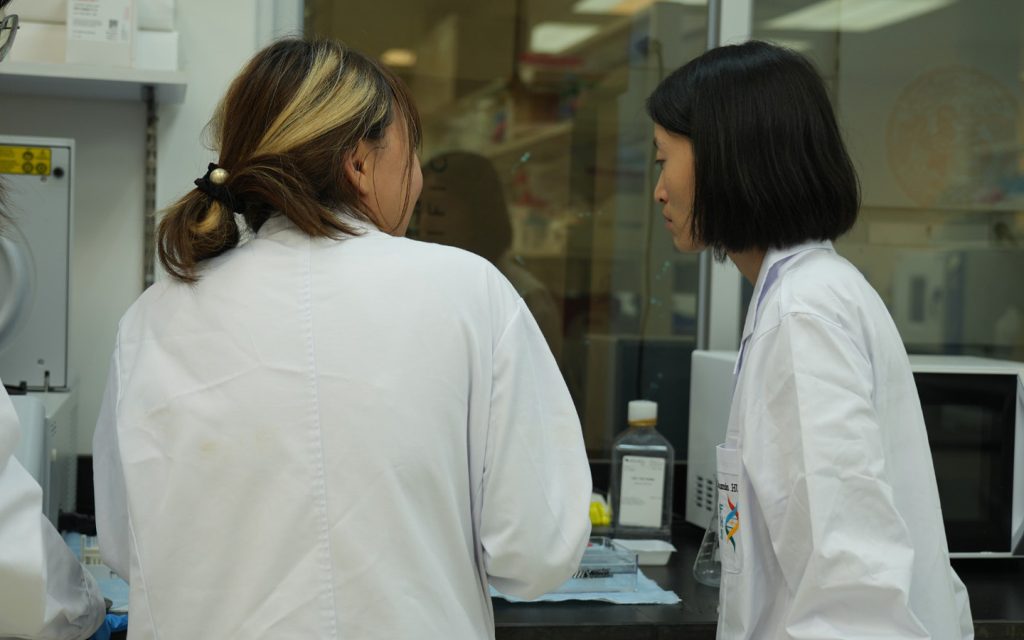
Another such opportunity is the 929 challenge, a competition that brings together startups from all over the Portuguese-speaking world. According to Brazilian founder Renato Gomes, the challenge’s international nature was one of its main draws. “We knew that [a competition in] Macao would not be limited to Macao, and that’s why that became our top priority,” he told Macao News. To date, the challenge has received more than 800 projects from 9 Lusophone countries and China, some of which have evolved to establish their businesses.
[See more: Gold is breaking historical records. What can Macao’s history with bullion tell us about its appeal?]
Meanwhile, the Macao Startup Club is a networking and mentorship association that connects local entrepreneurs with an international network. The club can help members find the crucial technical or business expertise for their companies to get off the ground, said director James Sitou.
“I can use this platform to reach different people, and they can refer their friends or their partners to help me,” said Sitou, who has benefitted from the connections brought by Macao Startup Club firsthand: he met his current business partner, Leo Chang, there.
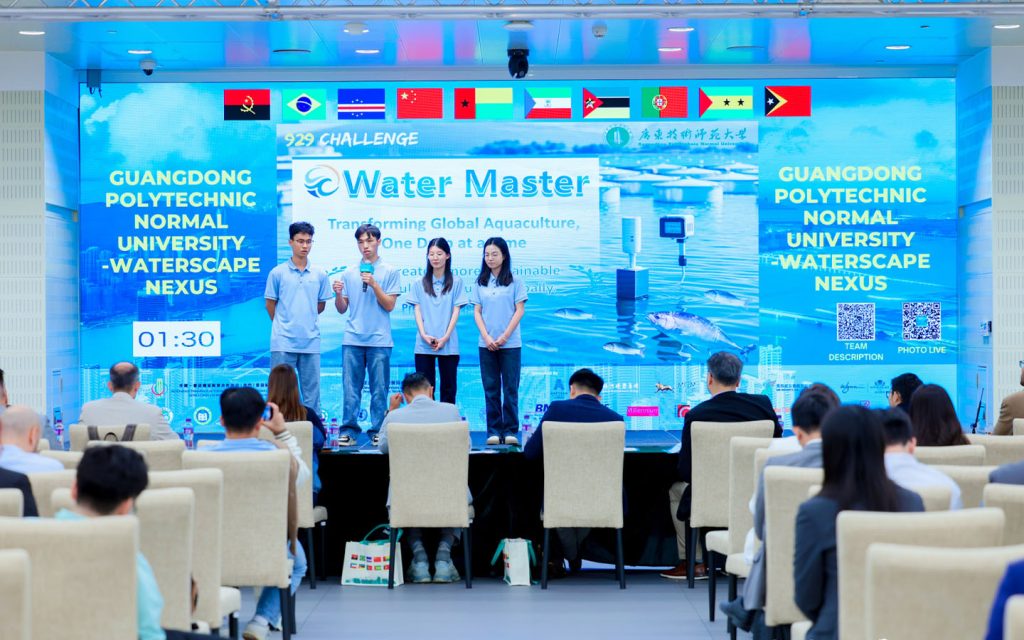
Economic policy and Macao’s startup sector
Macao’s atypical economic structure – most of which is based on gambling, tourism and hospitality – also creates an advantage for new businesses in the industry. Take the six major casino operators in Macao, for instance: “Each of the companies is already the size of a big firm in the world, and then they [generate] a lot of demand,” said Sitou.
For Jacky Song, the founder of machine translation software U-Tran-i and artificial intelligence (AI) tourism app UU Trip, the city’s main industries served as inspiration for his products. “After thinking about the whole market of Macao, we finally decided to combine the travel industry and AI,” he said – a move that secured his company a government contract.
[See more: What’s in store for Macao’s GGR? Here are 3 factors worth monitoring]
There are also relatively fewer barriers to starting a company in Macao city, according to Gomes. “Both Macao and Hong Kong are uncharacteristically easy from a bureaucratic point of view,” he said. “The costs of setting up a company are significantly easy and cheaper than in other parts of the world.”
For example, the city’s business registration and licensing process is streamlined, with name approval usually taking no more than five workdays. Minimal red tape, in addition to comparatively low corporate tax rates, reduces friction for founders hoping to get started.
Market challenges
But the city’s reliance on tourism and gaming is a double-edged sword. According to Sitou, lucrative jobs in casinos have low barriers to entry, creating a competition for human resources.
“Every time we hire a new employee, they always ask you, ‘Why shouldn’t I go to the casino?’” Song said. In order to attract potential employees, his startup has had to offer higher compensation than casinos, Song said.
In the second quarter of 2025, Macao’s median salary was 17,800 patacas per month (US$2,200), significantly higher than that in neighbouring Zhuhai (US$1,560) and fellow Greater Bay Area city Shenzhen (US$1,800).
The high costs of labour may mean that startups are forced to cast a wider net: “They need to look outside the region,” said Marco Rizzolio, co-founder of the 929 Challenge. Statistics from last year show that almost half of Macao’s workforce consists of non-residents, with the majority of them being from mainland China.
[See more: Visitors’ average stay in Macao has been shortening. That may not be such a bad thing]
The city’s small size also makes it difficult to gain investment, said Sitou. “It’s not easy for VC [venture capitalists] to get back enough ROI [return on investment],” he wrote in a follow-up message to Macao News, so it’s difficult for them to justify investing in a local startup compared to multinational alternatives. “Every day is a challenge,” Sitou pointed out.
Similarly, it’s hard for Macao startups to compete against global companies: Song said that the most memorable part of his startup journey was post-pandemic, when major technological companies entered the machine translation space with force.
“We are lacking training data. We don’t have so many resources, and we are not even a famous company in the world,” said Song, who faced genuine doubts about whether his company would be able to go on. Thankfully, with the rise of generative AI technologies, his company was able to make the pivot.
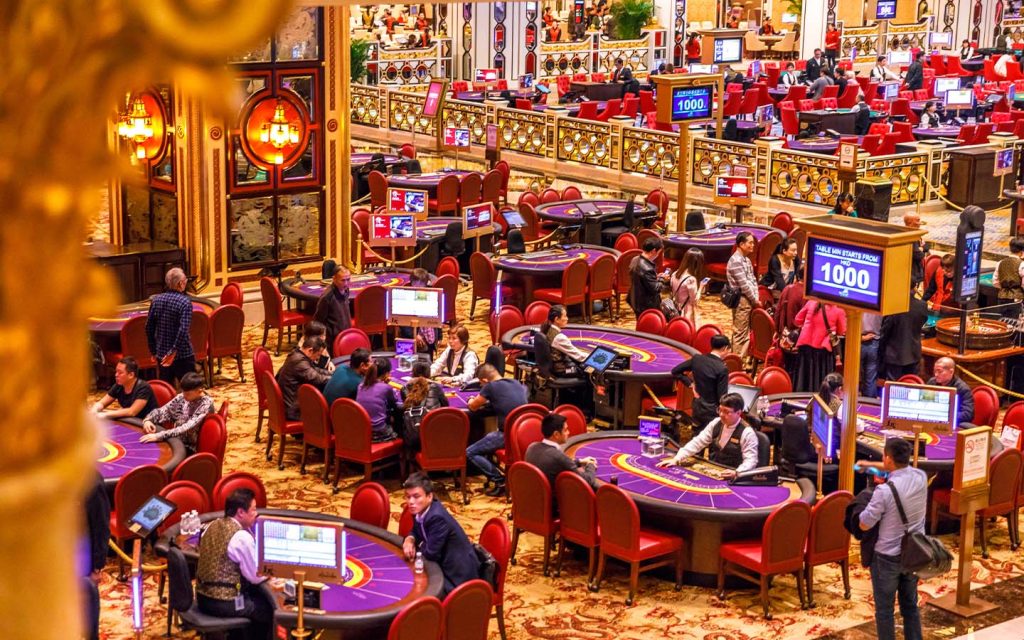
While Macao is home to a growing number of financial support initiatives for emerging businesses, 929 challenge co-founder Jose Alves said that a coordinated effort is needed to invigorate the local startup scene. “There’s not yet a daily or weekly agenda based around the startups to create a dynamic ecosystem,” he said.
Rizzolio agrees: “Incentives need to be coupled with acceleration programmes,” he said. “They need support – not only financial support, but also they need mentoring.” Such a push would require cooperation between the public and private sectors, he said, something Rizzolio sees as missing from Macao’s current startup ecosystem.
He added that the central government’s prioritisation of leveraging Macao’s Portuguese connections is a good first step, but more must be done. “You have the central government saying, ‘Yeah, we need to do this.’ But then on the ground, the resources are very limited.”
